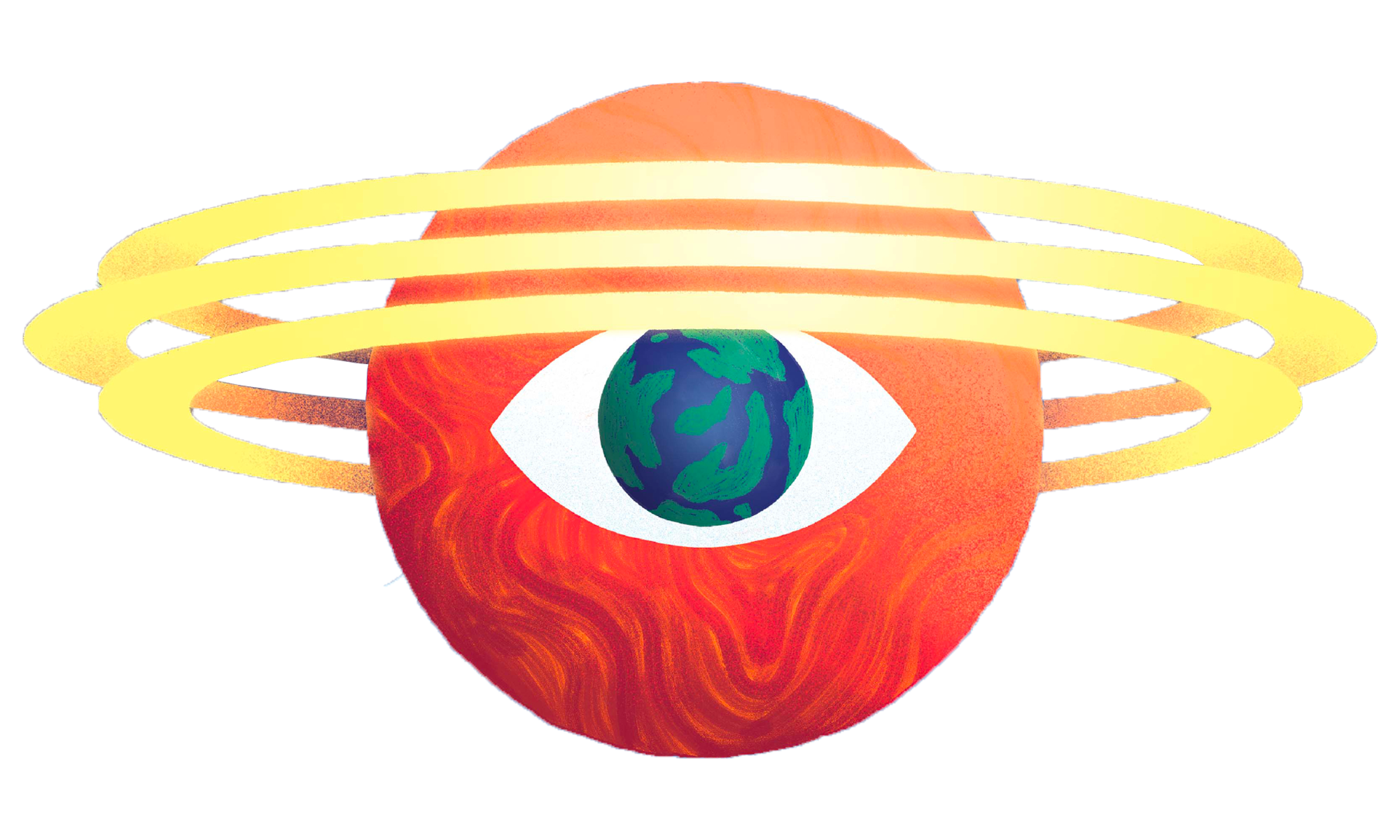Musique et apocalypse : La dissonance du contemporain
Thursday, Feb 23, 2023
13:15 p.m. - 16:00 p.m.
The cultural traits of our time, at the crossroads of economic and ecological collapse, are part of an "apocalyptic mode" of reading contemporaneity. The general dissatisfaction with the capitalist system is coupled with the social and political character of the end of a certain world, resulting from the resistance of societies stifled by political violence and oppression of all forms of totalitarianism. We are therefore witnessing a kind of Freudian Unbehagen, a "malaise" within liberal capitalism. Already, an Italian anthropologist like Ernesto De Martino had been interested in the discourse of the end of the world in the particular cultural conjuncture of the years of "anthropological mutation" and the "cultural industry"; and, in 1980, Jacques Derrida spoke of "an apocalyptic tone adopted in philosophy in the past". Gilles Deleuze, Slavoj Žižek, Giorgio Agamben accompany us in the dissonances of the apocalypse, the same question about the end, about the eschatological-messianic themes of the end of history and the ends of man.
Music certainly plays a leading role in this journey. And Thomas Mann's Doctor Faust (1947) is an exemplary guide. The reconstruction of the biography of a fictional composer, Adrian Leverkühn, is central: Leverkühn will create the oratorio Apocalipsis figuris, a "threatening" work animated by the "desire to reveal musically the most hidden things, the beast that there is in man and, on the other hand, his most sublime motions". Like his real-life model, Arnold Schoenberg, Leverkühn is an expressionist musician. Like Schoenberg, he explores the unexplored and uncovers the dissonant solutions of the messianic creed of the apocalypse inaugurating contemporaneity. The Apocalipsis figuris is a work imagined by Mann as grandiose, close to Dante's Divine Comedy and Michelangelo's Last Judgment, up to Beethoven's 9th Symphony. Mann called it "The sound painting of Leverkühn". Adorno, Mann, Schoenberg, their reflections and dissensions in Pacific Palisades, California, where all three spent their years of emigration: a different contemporaneity, which runs through music, working to think dialectically to build a logic by contradiction, a logic of disintegration as a critical force that not only accompanies decadence, but traces a path of refoundation.
Mariella Pandolfi

Mariella Pandolfi’s interests reflect a life experience shared between Canada and Europe for over thirty years. In addition to her teaching career in Montreal, she has conducted research in post-communist territories, particularly Albania, Bosnia and Kosovo, and has acted as an expert on conflict, humanitarian response and migration for international organizations and foundations.
Since 1994, she has been a full professor in the Department of Anthropology at l’Université de Montréal and has been invited to numerous universities in North America and Europe. Since 2000, she has co-directed the Groupe de recherche sur les interventions militaires et humanitaires (GRIMH). She is a member of the IRTG Diversity research group at l’Université de Montréal and l’Institut interdisciplinaire d’anthropologie du contemporain (IIAC) in Paris. Since 2019 she has been Professor Emeritus at l’Université de Montréal.
She has published numerous books and articles in several languages and received in 2004 the Femmes de mérite prize of the Fondation Y des femmes de Montréal in the field of education and university teaching. In 2012, she was made a Knight of the Order of Merit of the Italian Republic.
Her passion for music, and especially for opera, has marked her family and personal life since childhood. Her kinship with Giacomo Puccini on her father’s side and her tenor uncle on his mother’s side allowed her to meet many protagonists of the international music scene, which was decisive for her musical training.

